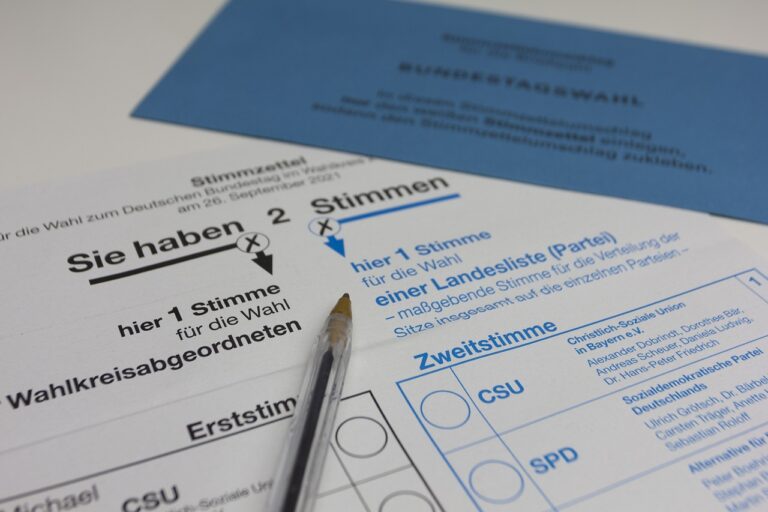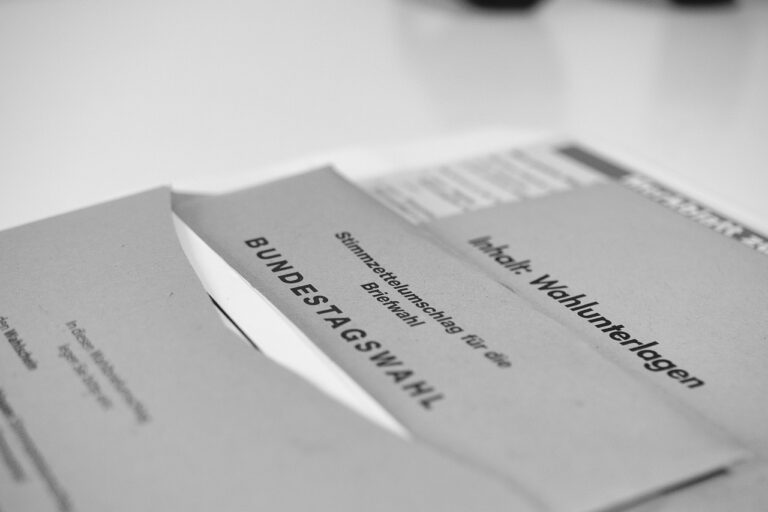Analyzing the Impact of Voter Registration Barriers on Auditing Accuracy
diamond exchange 9, sky99exch, reddybook:Analyzing the Impact of Voter Registration Barriers on Auditing Accuracy
Have you ever considered how voter registration barriers could affect the accuracy of auditing processes? In today’s blog post, we delve into this important topic and explore the potential implications of such barriers on auditing accuracy.
Voter registration barriers refer to any policies, procedures, or requirements that make it difficult for individuals to register to vote. These barriers can include strict identification requirements, limited registration opportunities, and restrictive registration deadlines. While voter registration barriers are often discussed in the context of voter suppression, their impact on auditing accuracy is less frequently examined.
So, how do voter registration barriers affect auditing accuracy? Let’s break it down:
1. Discrepancies in Voter Rolls
One way voter registration barriers can impact auditing accuracy is by creating discrepancies in voter rolls. When individuals are unable to register to vote due to barriers such as restrictive identification requirements, the voter rolls may not accurately reflect the eligible voting population. This can lead to inaccuracies in auditing processes that rely on voter registration data.
2. Underrepresentation of Certain Groups
Voter registration barriers can also result in the underrepresentation of certain groups in the voting population. For example, marginalized communities, such as low-income individuals and people of color, are disproportionately affected by voter registration barriers. When these groups are underrepresented in the electorate, auditing processes may not accurately reflect the views and preferences of the entire population.
3. Potential for Voter Fraud
On the flip side, voter registration barriers can also create opportunities for voter fraud. When individuals face obstacles in registering to vote, they may resort to fraudulent methods to ensure their participation in the electoral process. This can introduce inaccuracies in auditing processes and undermine the integrity of election outcomes.
4. Inconsistencies in Voter Information
Moreover, voter registration barriers can lead to inconsistencies in voter information. For example, individuals may be registered to vote in multiple jurisdictions or under different names due to challenges in the registration process. These inconsistencies can complicate auditing efforts and make it difficult to verify the accuracy of voter data.
5. Limited Access to Election Information
Lastly, voter registration barriers can result in limited access to election information for certain groups of voters. When individuals encounter obstacles in registering to vote, they may also face challenges in accessing important information about candidates, ballot measures, and polling locations. This lack of information can impact voter turnout and participation, affecting the overall accuracy of auditing processes.
In conclusion, voter registration barriers can have a significant impact on auditing accuracy by creating discrepancies in voter rolls, underrepresenting certain groups, increasing the potential for voter fraud, introducing inconsistencies in voter information, and limiting access to election information. As we continue to explore ways to improve the integrity of our electoral processes, addressing voter registration barriers must be a key consideration.
FAQs:
Q: What are some common voter registration barriers?
A: Common voter registration barriers include strict identification requirements, limited registration opportunities, restrictive registration deadlines, and lack of access to registration materials.
Q: How can voter registration barriers be addressed?
A: Voter registration barriers can be addressed through policies and initiatives that expand access to registration, streamline the registration process, and provide resources and support to marginalized communities.
Q: Why is auditing accuracy important in the electoral process?
A: Auditing accuracy is important in the electoral process because it ensures the integrity of election outcomes, verifies the accuracy of voter data, and upholds the trust and confidence of the electorate in the democratic process.
Q: What can individuals do to combat voter registration barriers?
A: Individuals can combat voter registration barriers by advocating for policies that expand access to registration, volunteering with voter registration drives, and supporting organizations that promote voter outreach and engagement.







